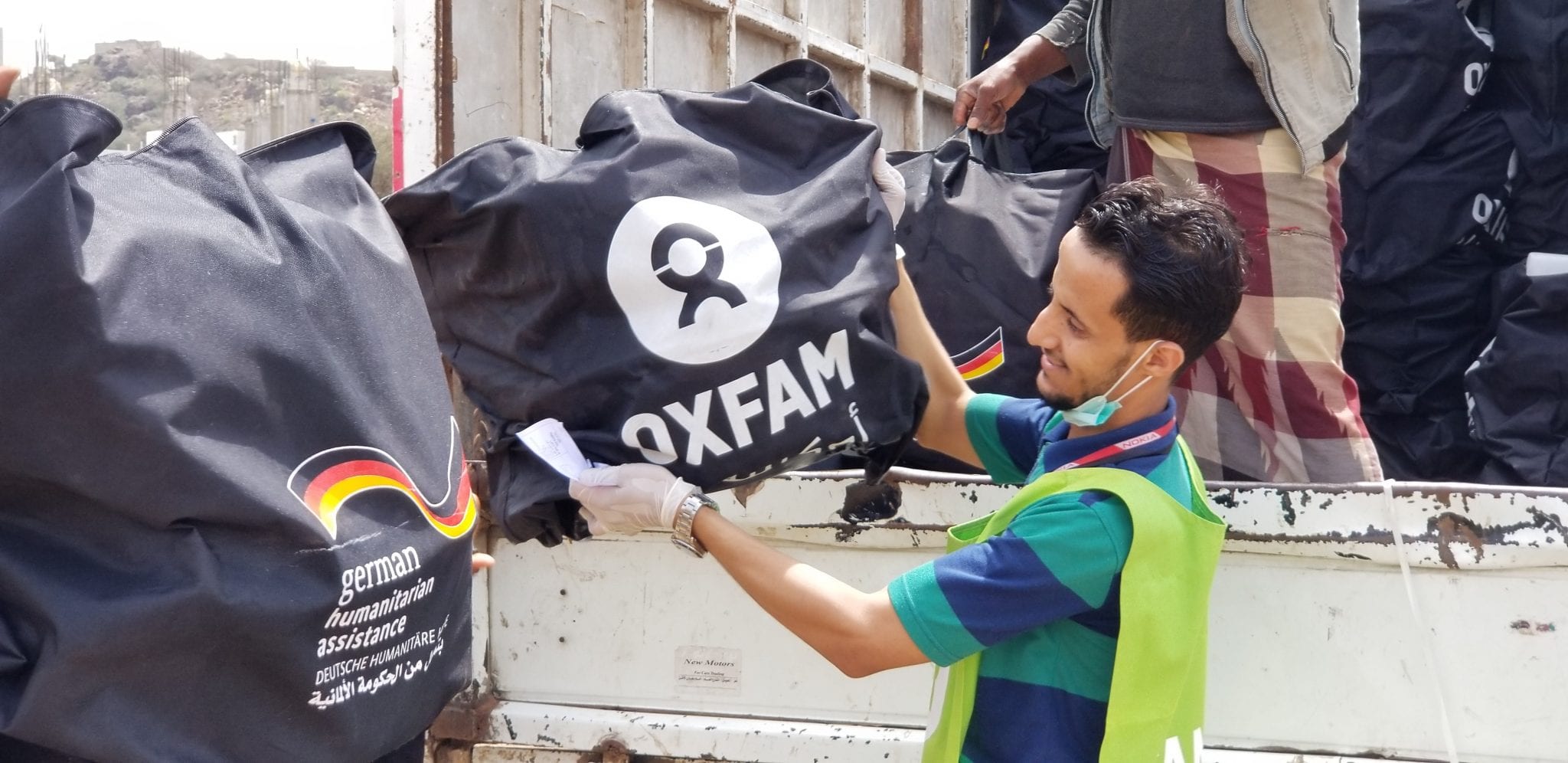Oxfam teams in the Pacific are working with partner agencies and governments in Vanuatu and Solomon Islands, to plan a response to Tropical Cyclone Harold.
The Category 5 cyclone, made landfall in Santo and Malo islands in Vanuatu’s northern Sanma Province this morning local time and the slow-moving storm is now moving into the Penama and Malampa Provinces. The three provinces have a population of 127,000 people, many of whom are considered high risk as their very livelihoods depend on their food and vegetable gardens.
Heavy rainfall and gale force winds are expected to cause damages to homes, buildings and flooding to low lying areas and river banks.
Oxfam in Vanuatu’s Country Director, Elizabeth Faerua reported that teams are on standby as the country braces for the impact of what is believed to be one of the worse storms since Tropical Cyclone Pam in 2015 devastated the country.
“There are reports of damaging gale force winds, heavy rainfall and flooding in low lying areas of Luganville, the second largest town in Vanuatu, and the power lines and communications lines in the north are currently down,” Mrs Faerua said.
“We are collaborating with our local partners and working with the National Disaster Management Office, Provincial Governments and Area Councils to respond accordingly.”
Oxfam will conduct a remote survey across all the provinces to better assess and identify a suitable response to support income and livelihoods of vulnerable households across Vanuatu.
Since Cyclone Harold’s departure from the Solomon Islands a day ago, the response in that country has been immediate, with local and international organisations responding to Government’s call for assistance.
This has been confirmed by Oxfam in Solomon Islands Country Director, Dolores Devesi, who has said our teams are already working along-side Government and sector committees in coordinating multi-agency assessments and responses.
The Oxfam Pacific team continues to engage at all levels; national and provincial governments, and with the communities, to coordinate thorough assessments on the ground, which will drive our response.






